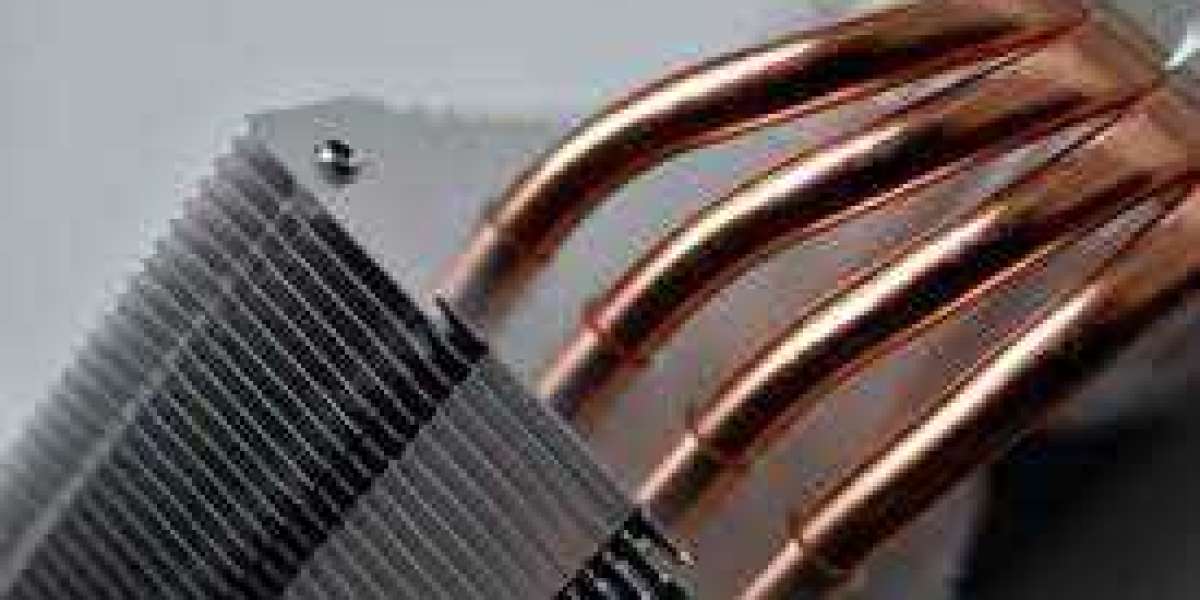Selecting the best heat sink manufacturer is a critical decision, particularly when it comes to managing heat in high-performance systems. Whether you’re designing for the automotive, telecommunications, or electronics industry, the efficiency and reliability of your heat sink can make or break your project. With numerous manufacturers to choose from, it can be challenging to know which company will best meet your specific requirements.
In this guide, we'll break down the key factors you should consider when choosing the best heat sink manufacturer for your industry.
1. Industry Expertise and Specialization
Different industries have unique thermal management needs. For example, the heat dissipation requirements in automotive EV batteries differ significantly from those in consumer electronics or telecommunications. The first step in choosing a heat sink manufacturer is to find one with specific expertise in your industry.
- Automotive: If you’re in the automotive sector, look for manufacturers who specialize in high-performance heat sinks for EVs, inverters, and engine components.
- Consumer Electronics: For electronics, you'll want a company that offers compact and lightweight heat sinks with excellent cooling efficiency for devices such as laptops, smartphones, and gaming consoles.
- Telecommunications: Manufacturers working in telecoms should have experience designing heat sinks for servers, base stations, and data centers that require reliable cooling in high-heat environments.
Manufacturers with industry-specific expertise can better meet your performance, material, and design needs.
2. Customization Options
Off-the-shelf heat sinks may be suitable for general applications, but for specialized projects, custom designs are essential. A top-tier heat sink manufacturer will offer customization options tailored to your specific requirements. When assessing a manufacturer’s customization capabilities, consider the following:
- Material Selection: The best manufacturers offer a range of materials, including aluminum, copper, and advanced composites like graphene. Each material has different thermal conductivity and performance characteristics.
- Design Flexibility: Custom designs may require unique shapes, sizes, or configurations to fit within the spatial constraints of your system. Manufacturers that utilize 3D printing or CNC machining provide greater design flexibility.
- Thermal Performance: Manufacturers with in-house thermal simulation capabilities can design and test heat sinks to ensure they meet your cooling requirements under various operating conditions.
3. Manufacturing Capabilities and Technology
A manufacturer’s technological prowess is another critical factor in determining their ability to deliver high-quality heat sinks. Consider the following aspects when evaluating manufacturing capabilities:
- Advanced Manufacturing Techniques: Look for manufacturers that use cutting-edge technologies like additive manufacturing (3D printing), which enables complex designs, and precision CNC machining for detailed parts. These methods result in heat sinks with optimized thermal performance and structural integrity.
- Material Processing Expertise: The manufacturer should have expertise in working with a range of materials, especially if your project requires a blend of materials for performance and cost-efficiency.
- Production Capacity: If you’re working on a large-scale project or need mass production, ensure that the manufacturer has the capacity to meet your volume needs without sacrificing quality or delivery timelines.
4. Quality Control and Certifications
The best heat sink manufacturers adhere to strict quality control standards to ensure the reliability of their products. To evaluate a manufacturer’s commitment to quality, check for the following:
- ISO Certifications: Look for manufacturers with ISO 9001 certification, which indicates they follow internationally recognized quality management standards. If your industry requires additional certifications (such as ISO/TS 16949 for automotive), ensure the manufacturer meets those standards.
- Testing Protocols: Heat sinks must undergo rigorous testing to ensure they meet thermal, mechanical, and environmental performance requirements. Leading manufacturers conduct extensive testing on their products, including














